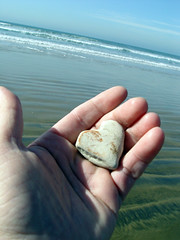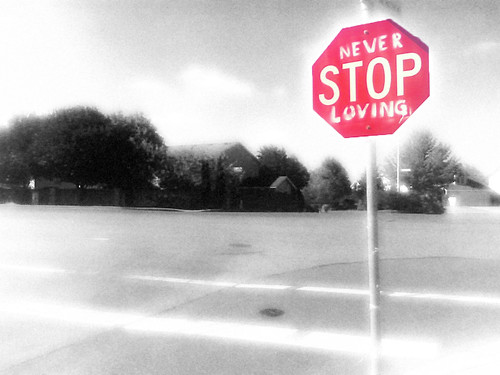
Miles Levin, whose blog inspired thousands, dies
Laura Berman / The Detroit News
Miles Alpern Levin, whose on-line writings about his fight against cancer inspired and moved thousands of readers, died early this morning at home in Bloomfield Township.
Two years ago, he was diagnosed with rhabdomyosarcoma, a rare pediatric cancer of the soft tissues.
After the diagnosis in June 2005, he consciously made his ensuing battle with the deadly cancer into his life's work. He reinvented himself, growing quickly from a funny and forgetful teen into a conscientious student and a writer who acquired an international following.
Miles made the final two years of his life count in unexpected ways, and to a vast and growing audience, on carepages.com, an online blog. His parents, Jon and Nancy Levin, and sister, Nina, 16, also became familiar to the international audience who signed in to read "LevinStory," on a regular basis.
From the time his story became public in this Detroit News column on April 23 until his death, he used his growing recognition to teach lessons about living and dying. He graduated from Cranbrook's Upper School. He also delivered a commencement speech beside Bob Woodruff, the former ABC anchor who became his friend. In a letter to Miles, Woodruff told him, "You are my teacher, my hero, my friend."
At the June commencement ceremonies, Miles, 18, urged his classmates to seek justice in the world. "If my struggle with cancer galvanizes actions of goodness," he told them, " I can rest assured that even if I succumb to the rogue cells I will leave behind a legacy of victory. Dying is not what scares me. It's dying and having had no impact."
With a limited time to grow up, he acquired maturity. With a deadline looming, he found a voice and a way to give his life meaning by writing. Tentatively at first, then more forcefully, he began to see himself as a teacher about cancer and life.
As he wrote, he developed virtuosity with words that matched his newfound purpose.
He willingly endured severe pain and torturous chemotherapy treatments -- excruciating nausea, weakness, and pain -- trading off weeks of sick days for a few good ones. His passion for life was matched only by his insistence that it be a good life, a meaningful one. What the world most needs, he said in his last days, is "more kindness."
The disease retreated last December then attacked again within weeks. He and his oncologist Dr. Leonard Wexler, pediatric oncologist at Memorial Sloan-Kettering Hospital in New York, geared treatment to his planned graduation from Cranbrook.
By the time that day came, his words on a hospital blog had enlisted regular readers from India to Brazil, from Japan to Israel, who came to know his family, his girlfriend, his doctors and treatment options as if he were a family member.
On the Cranbrook Schools campus, he became an outsized object of admiration and awe. Students wore t-shirts honoring one of his sayings ("Keep fighting, stop struggling"), and organized a fund-raising walk in his honor.
Although few of his thousands of blog readers had ever met him, they wrote using adjectives of awe, describing him as a teacher and themselves, most often, as "grateful" to hear his lessons. He compared his life to a golfer swinging gaily at a bucket of golf balls, until only a few remain. "Now with just a handful left," he wrote, "each swing becomes more meaningful."
Although he'd been accepted at Kalamazoo College, Miles did not believe he would be able to attend college in the fall.
Over the last year, he won several awards, including the Sarcoma Foundation of America's Leadership & Courage Award for 2008. Accepting the award, he said, "The universe is more cruel and random than we would like it to be," calling childhood sarcoma a "total injustice."
But that knowledge never made him bitter. "I just have to keep going, to search for a higher meaning," he said. To do so was a way to squeeze more out of life, and vanquish death.
He tried to think of cancer as a gift. "I am living more richly than I ever was before cancer, so if I die, will it have been worth it just to get these years of superliving?" he asked at one point.
Mostly, he wanted to live as well as he possibly could. He strived, consciously, for saintliness -- an uncommon aspiration for an affluent 21st century American teen.
Although he was mature beyond his years, he was young and idealistic enough to imagine he could be a beacon of light and wisdom to others.
And he was.
Photo by Tina Feneberg, Associated Press





















